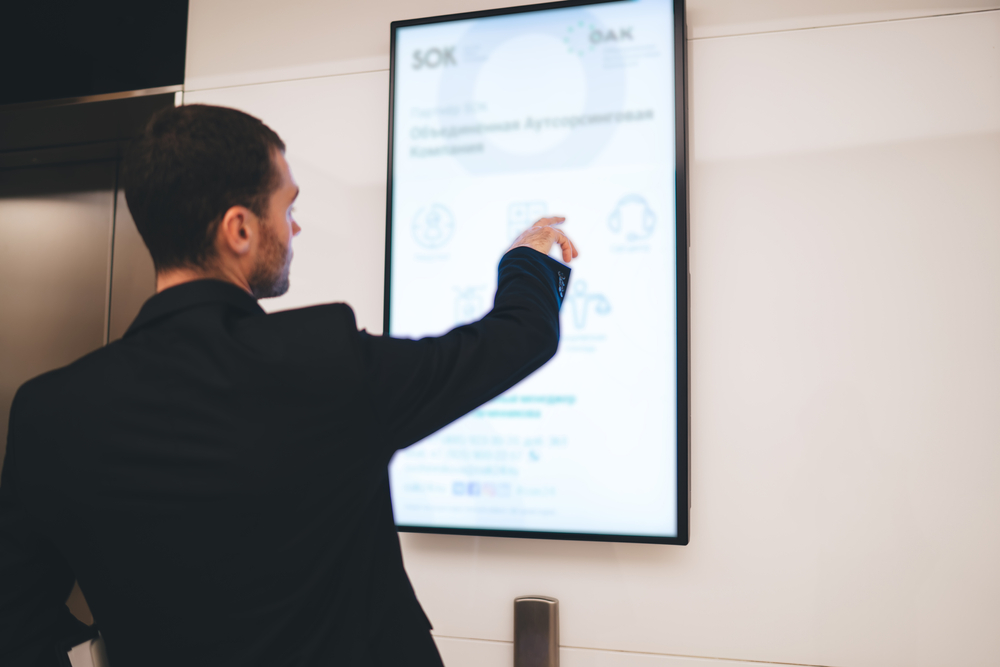Trial lawyers use custom trial presentations for compelling arguments.
Wiki Article
Exactly How Trial Presentations Enhance Your Disagreement and Convince Jurors
Test presentations offer as a crucial mechanism for enhancing legal arguments and persuading jurors. By integrating visual aids, narrative frameworks, and psychological interaction, lawyers can develop a compelling instance that reverberates on numerous levels. The critical use visuals not just clarifies intricate info but likewise catches jurors' interest better than words alone. The art of storytelling plays an equally essential duty in changing valid evidence into an engaging narrative, shaping jurors' understandings. Comprehending these aspects can substantially influence test end results, elevating the question of how each part adds to this detailed dynamic.
Importance of Aesthetic Aids
Aesthetic help play a crucial role in enhancing the efficiency of trial presentations, as they can significantly raise target market interaction and retention of details. In the context of a trial, where jurors are tasked with handling facility details, aesthetic aids serve to simplify and clarify vital factors. Graphes, charts, and images can convey information and principles that might otherwise overwhelm or confuse jurors, enabling for an extra uncomplicated understanding of the proof presented.In addition, aesthetic aids assist in keeping juror interest throughout the proceedings. By damaging the dullness of verbal testimony, these tools can stress important disagreements, making them extra remarkable. Effective aesthetic aids can also evoke emotional responses, which can be crucial in persuading jurors to align with the speaker's narrative.

Crafting Engaging Stories
An engaging story is necessary in trial discussions, as it works as the foundation of reliable persuasion. It enables lawyers to weave together facts, evidence, and psychological components right into a systematic tale that reverberates with jurors. This narrative framework enables jurors to recognize the complexities of the instance while assisting them via the lawyer's disagreement.To craft a compelling story, lawyers ought to concentrate on quality and comprehensibility. This entails developing a clear protagonist-- typically the client-- and detailing their journey via the occasions in inquiry. Providing the facts in a logical sequence boosts understanding and preserves involvement. Additionally, the use of dazzling descriptions can create mental pictures that aid jurors envision the occasions, making the narrative more memorable.
Additionally, incorporating vital themes throughout the presentation enhances the core message and help in retention - trial presentations. The story must not just convey information yet likewise evoke a feeling of justice, highlighting the stakes entailed. Ultimately, a well-constructed story fosters a link in between the jurors and the instance, positioning the lawyer's disagreement as both qualified and engaging, consequently enhancing the possibility of a desirable decision

Involving the Jury Psychologically
Efficient jury engagement depends upon the lawyer's capacity to connect with jurors on a psychological degree. This link can substantially influence jurors' understandings image source and their utmost decision-making. Utilizing psychological allures enables lawyers to humanize the case, transforming abstract lawful principles into relatable experiences. By presenting real-life tales or testimonials, lawyers can stimulate empathy and concern, promoting a deeper understanding of the concerns at stake.Aesthetic aids, such as photographs or video clips, can even more improve emotional engagement, giving jurors with brilliant representations of the situation's human aspects. Crafting a narrative that highlights the battles and victories of the individuals entailed ensures that jurors see past the lawful arguments and recognize the human effects of their decisions.
Moreover, tone and body movement play a crucial role in sharing emotion. An attorney's enthusiastic shipment can reverberate with jurors, reinforcing their emotional financial investment in the event. It's important to stabilize sob stories with valid evidence, ensuring that jurors feel obliged to act while staying based in the truth. Inevitably, a mentally engaged court is more probable to be convinced, making emotional link an essential part of efficient test discussions.
Structuring Your Presentation

The body of the presentation should be realistically fractional into essential factors, each supported by engaging evidence. It is useful to utilize storytelling methods to weave truths right into a narrative that jurors can quickly follow. Visual help, such as a fantastic read charts and videos, can enhance understanding and interaction, helping to highlight essential pieces of evidence.
Real-World Situation Research Studies
Analyzing real-world study offers very useful insights right into the art of test presentations and persuasion. For instance, the landmark situation of "O.J. Simpson v. The People of California" shows just how visual help and compelling stories can persuade court assumptions. The protection team effectively utilized a strategy that combined high-profile specialist testimonies with multimedia discussions, which mesmerized jurors and inevitably affected their choice.
An additional remarkable example is the "McDonald's Coffee Situation," where the plaintiff's lawyers made use of visuals images of the injuries suffered by Stella Liebeck. trial presentations. This stark aesthetic proof played a vital duty in conveying the intensity of her burns, causing a significant jury award. Such cases show that impactful trial presentations commonly pivot on the reliable assimilation of visuals and narration to evoke psychological feedbacks from jurors
Additionally, the "Casey Anthony Test" highlighted the value of narrative coherence and credibility. The prosecution's failing to establish an engaging timeline decreased their influential power, emphasizing the necessity of a well-structured presentation. Evaluating these cases reveals that successful trial presentations need critical planning, emotional engagement, and the capacity to resonate with jurors' worths and beliefs.
Final Thought
Trial presentations dramatically improve debates and persuade jurors through the calculated use of visual help, compelling stories, and emotional engagement. By streamlining complex details and cultivating connections with the audience, these elements produce an unforgettable and impactful experience. A well-structured presentation balances emotional appeals with factual evidence, ultimately reverberating with jurors' values. The combination of these strategies not just affects decision-making yet also highlights the importance of reliable communication in the over here court.Report this wiki page